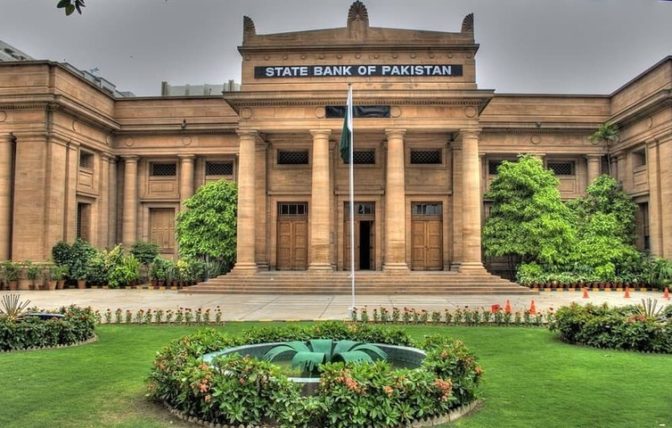
 "
"

 "
"

For Islamic banking institutions, the State Bank of Pakistan (SBP) has introduced a Shariah-compliant standing ceiling facility as well as open market operations (OMO) injections (IBIs).
SBP recognizes the need to introduce Shariah compliant liquidity facilities for IBIs as the Islamic banking industry grows, according to a statement from the central bank.
SBP has introduced the aforementioned facilities in order to bring IBIs up to par with their traditional counterparts in terms of liquidity management avenues, as well as to improve SBP’s tools for managing market liquidity as part of its monetary policy objective.
The following is a description of the structure and general features of these facilities. SBP will provide financing to IBIs on an overnight basis against Shariah compliant collateral through the Shariah Compliant Standing Ceiling Facility, which is a Mudarabah based Financing Facility (MFF). The funds received from SBP will be invested in a special pool of high-quality assets by IBIs. The MFF will be offered at a ‘Expected Rate,’ which is equivalent to a traditional overnight reverse repo rate, based on a Profit Sharing Ratio agreed upon at the outset of the transaction between the SBP and IBI.
The Modaraba mode of financing will be used for Shariah-compliant open market operations (injections). It’s worth noting that this open market operations (OMO) facility will only be available for ‘injection,’ or the provision of liquidity, at this time.
SBP will conduct Shariah Compliant OMOs (Injections) based on market liquidity conditions through a multiple price competitive bidding process for tenors as announced by SBP from time to time, against collateral, in the same way that conventional OMOs are conducted. The funds provided by SBP will be invested in a pool of high quality assets by the respective IBI once the expected rate of return has been determined through a competitive bidding process. At the outset of the transaction, SBP and IBI will agree on a profit sharing ratio.
The implementation of the aforementioned liquidity facilities will bring Islamic banking on par with its conventional counterparts, allowing them to effectively manage their short-term liquidity.
This would strengthen IBIs’ financial intermediation and allow them to provide better returns and rates on deposits and loans to their customers. Furthermore, the proposed facilities will strengthen the monetary policy transmission mechanism and improve the effectiveness of the SBP’s monetary policy implementation in order to achieve the ultimate goal of price stability.